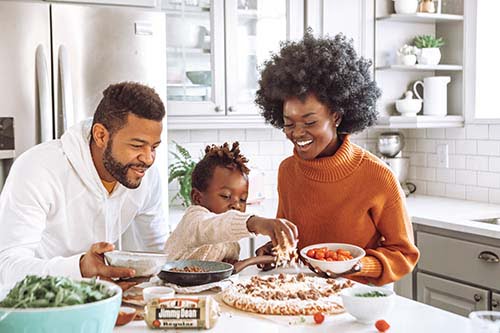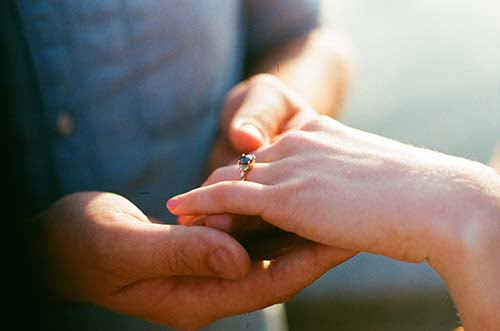
Dutch laws of succession
9 juni 2021
In this former blog I talked about making a choice of law in regards to your estate. What if you make a choice for Dutch law, or Dutch law applies to your estate for another reason?
In this blog I will explain the Dutch laws of succession to you in three different situations.
What does the Dutch law say if I am married (or have a registered partnership)?
If you are married and do not have a last will the statutory division (‘wettelijke verdeling’) applies to you. On this basis, upon your death all property will pass to your partner and he or she will become the sole owner. Your partner is required to pay the debts of the estate.
If you have children together they will receive their inheritance in the form of a monetary claim on the surviving partner. In principle, this claim will only be due and payable when the surviving partner has also died.
For some people the statutory division already satisfies their inheritance arrangements. It is however, even in those cases, sometimes recommended to draw up a last will.
You can for example arrange the following:
- you can appoint a guardian for your children if they are still a minor when you and your partner die;
- you can institute a testamentary administration on your children’s shares in the estate, meaning that the children may not dispose of the inheritance independently until they have reached the age referred to in the will;
- you can include an exclusion clause in your will, by doing so you can arrange that anything inherited from you remains entirely private (and cannot come under a community of property in which the acquirer may be married);
- you can make it possible to save inheritance tax upon your death by optimising the higher inheritance tax exemption that your partner has versus the one that your children have;
- you can appoint an executor of your estate, who has the task of arranging your funeral/cremation and winding up your estate, in accordance with the stipulations in your will;
- you can decide that the monetary claims that your children have on your partner not just have to be paid when your partner dies but also in other situations, like if your partner remarries.




What does the Dutch law say if I am not married (or have a registered partnership) and have children?
In this situation your children will be your sole heirs. Similar to the situation if you are married it can be wise to draw up a last will. The reasons listed above of course also apply to this situation.
Additionally, if you and the other parent of you children are not on good terms you can make sure that they cannot benefit from the inheritance your child receives from you.
You can also include stipulations that make sure the other parent of your children can not receive your inheritance if first you and secondly your children decease.
What does the Dutch law say if I am not married (or have a registered partnership) but live together with my partner?
In this case, you and your partner are not automatically each other’s heirs.
By law your heirs are your parents and/or siblings. That means that if you and your partner for example own a house together, your share of the house would go to your family after you die.
In order to make sure your partner can take over your share in the house you can in this case draw up a cohabitation agreement. If you also want your partner to be your heir, you have to draw up a last will.
What does this mean for you?
This blog of course only includes a very quick general overview of the Dutch laws of succession. Do you want to know what the Dutch law means in your situation? And do you want to know what consequences this has for Dutch inheritance taxes?
You can contact me or other members of our international team, we are more than happy to help you.




